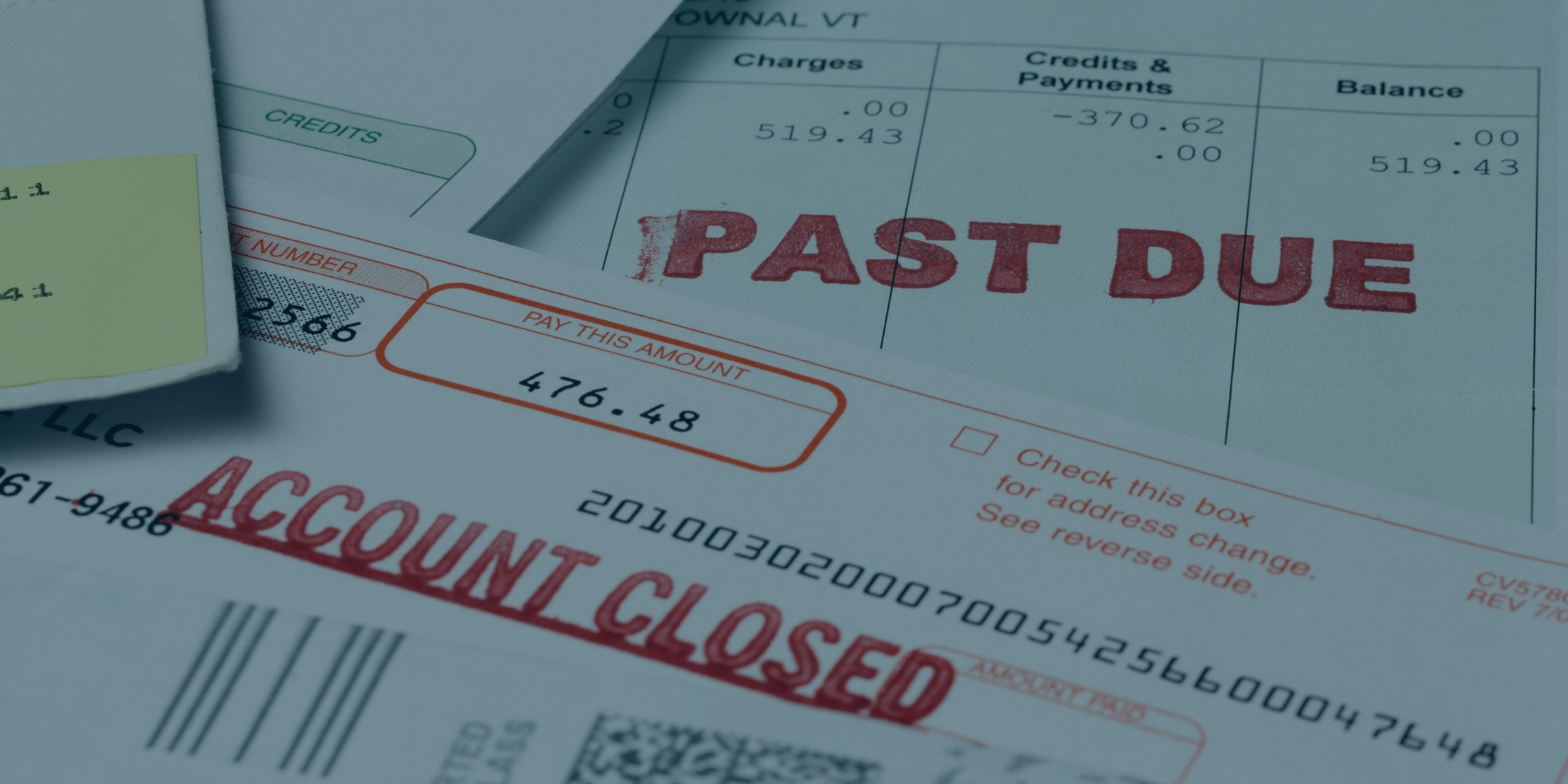
Major Changes to Fair Debt Collection Practices Act and How They Apply to Your Bank
Major Changes to Fair Debt Collection Practices Act and How They Apply to Your Bank
“Technically the FDCPA only applies to third-party debt collectors. Your bank is not a debt collector when it is collecting its own debt in its own name,” stated Elizabeth Fast, JD, an expert presenter for the Community Bankers Webinar Network. However, there are two reasons why the FDCPA is relevant your bank and bank officers. First, having knowledge of the rules helps your bank to effectively monitor any third-party collectors to ensure they are in compliance with FDCPA.
Second, the newly adopted final rule acknowledges that your bank might be liable for an unfair, deceptive, or abusive acts or practices (UDAAP) violation if your bank does not follow FDCPA rules. In 2013 the Consumer Finance Protection Bureau (CFPB) issued a bulletin that expanded the coverage of the FDCPA rules to creditors collecting their own debt, such as banks, by suggesting that creditors who do not follow FDCPA are probably committing a UDAAP; a violation of the Dodd-Frank Act. “The Dodd-Frank act prohibits your bank from committing UDAAP when you collect your consumer debt,” Fast said.
What are the major changes?
Opt-Out of Electronic Communications.
Elizabeth Fast thinks the most important new rule is “the consumer has the right to opt-out of receiving any type of electronic communications.” This includes email, text message, or other electronic mediums such as social media.
Communication with Consumer.
The final rule updated the terms consumer and communication, defined “attempt to communicate”, and clarifies restrictions on the times and places at which a debt collector may communicate with a consumer. A consumer does not need to use specific words to assert that a time or place is inconvenient.
Prohibition on Repeated or Continuous Telephone Calls or Conversations.
A debt collector is in violation if they place more than seven calls to a consumer within a seven-day period. Once a collector has spoken with the debtor they cannot call them for another seven days. The rule does not specify only one call per day, however, calls in a highly concentrated manner can be considered harassment.
Frequency and intervals between contact matter. According to Fast, “No more than seven unanswered phone calls within seven consecutive days is acceptable. But if the collector also sent multiple emails during the same time it could be deemed harassment. It depends on the situation. You have to look at what the cumulative effect is.”
Newer Communication Technologies.
The update clarifies that newer communication technologies, such as email and text messages, may be used with certain limitations to protect the consumer’s privacy and to protect from harassment and other unfair practices. The final rule requires that each email and text from a debt collector must include instructions for the consumer to simply opt-out from receiving further emails or text messages.
Bona Fide Error Defense Procedures.
The final rule also establishes procedures that collectors can follow to raise a bona fide error defense to civil liability for unintentional violations of the rule’s prohibition against third-party disclosures. In other words, “If you follow the procedures, then you will not be liable if a third-party to the consumer sees collection information from email or text.” Fast went in-depth on the procedures for text messages, email, and prior communication with a consumer in her webinar, Major Changes to Fair Debt Collection Practices Act.
In addition, the update also includes:
- Required disclosures by the collector.
- Provisions which require debt collectors to retain records evidencing compliance or noncompliance with the FDCPA for three years.
- Prohibits the sale, transfer for consideration, or placement for collection of certain debts.
- Allows debt collector to discuss a debt with the representative of a deceased consumer’s estate and the successor-in-interest.
For more from Elizabeth Fast, check out her library of upcoming and on-demand webinars.
In December 2020 the CFPB issued an additional final rule that requires debt collectors to validate information and disclosures at the outset of communications, prohibits suits and threats of suits regarding time-barred debt, and identifies actions that must be taken before a debt collector may report information to consumer reporting agencies. You can find the CFPB’s summary of the December ruling here.
Read These Articles Next
March 24, 2022
Tess Bower
April 19, 2023
January 10, 2023
© 2024 FINANCIAL EDUCATION & DEVELOPMENT, INC






